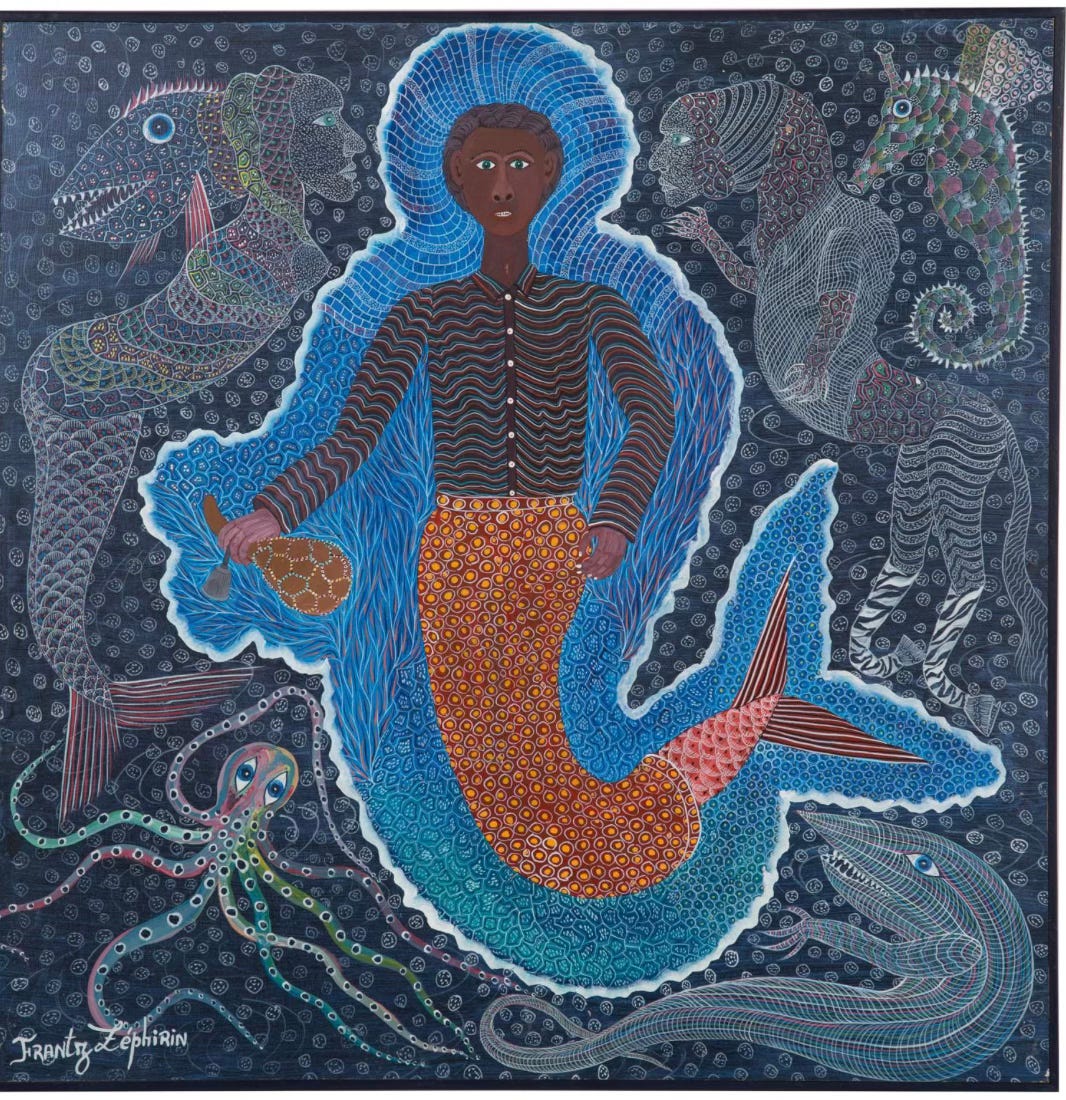Welcome to the latest edition of Woy Magazine’s biweekly newsletter, providing you with must-know news and commentary on Haiti and our Diaspora.
We can’t do this work without you. We have introduced a paid subscription option for our newsletter. Consider switching your free subscription to a paid one to support our work! Click the button below.
Mande chemen pa di pèdi pou sa
Asking for directions doesn’t mean we are lost
(Haitian proverb)
CHAY LA | Main Story
Imigrasyon
A U.S. federal judge has temporarily halted Trump’s executive order, putting an end to the humanitarian parole (Biden) for over 450,000 Venezuelans, Cubans, Nicaraguans, and Haitians whose protections were set to expire on April 24th, 2025. Organizations like the Haitian Bridge Alliance are at the forefront of a lawsuit that triggered this action by the justice sector.
We are here today — fighting on behalf of the people who have followed the law. Now we see a government that s literally pulling the rug under them, and trying to render them undocumented,” said Guerline Jozef, executive director of Haitian Bridge, an organizational plaintiff. (Source: wgbh.org)
In the turmoil of Trump’s second term, many Haitian immigrants in the United States have turned to Canada for asylum, specifically in the province of Quebec. Canadian Immigration Minister Jean-Francois Roberge has responded to the surge of migrants, stating that Quebec could not “welcome all the world’s misery.” This has sparked anger within the Haitian community.
Legault said he understands that those showing up at the border are trying to improve their lives by coming to Quebec. But he says the province has seen the number of temporary immigrants double to 600,000 from 300,000 in the past two years, putting pressure on education, health and housing services. (Source: CMJE)
With the Trump administration’s crackdown on immigration, the flow of immigrants to the Canadian border may continue to rise. The Canada-U.S. Safe Third Country Agreement, which governs policy on asylum seekers between the two countries, requires refugees to seek asylum in the country in which they arrive. However, refugees with family in Canada can cross the border and claim asylum.
Meanwhile, the Dominican Republic’s Abinader has announced more stringent measures aimed at Haitians, including increasing the number of soldiers along the border, extending the border wall, requests for identification and work permits in healthcare settings, and measures targeting Haitian migrants renting homes, among others.
Flooding in South
Heavy rains have led to severe flooding in several regions of Haiti. In the city of Okay, downpours caused significant flooding, while in Pòtoprens, over 4,000 people were affected as torrential rains damaged the displacement camp on the MTPTC grounds.
ON THIS DAY
Issued on April 17, 1825, the Ordinance of Charles X imposed an indemnity of 150 million francs on Haiti in exchange for France's recognition of its independence. This demand included a 50% discount on French import duties, making payment even more challenging for Haiti.
Two centuries later, reparations activists, including organizations like FOKAL, continue to raise awareness about this historic injustice. Reparations for the independence debt were famously demanded by Aristide when he was president, and some analysts claim it was one of the reasons he lost the support of France in 2004. The New York Times reporting on the modalities of the debt and its impact on Haiti’s ability to develop brought visibility to the story beyond Haitian circles. In response to the growing calls for reparations to Haiti, the French government announced the establishment of a commission consisting of both Haitian and French historians to examine the issue and formulate recommendations on a way forward.
This significant development comes as France's President Emmanuel Macron has acknowledged that the imposition of the debt was unjust.
Kongrè Fanm
The Kongrè Fanm, held at the University of Henri Christophe in Limonad on April 10- 12th, gathered hundreds of women, with strong participation from delegations online in Lagonav, Akayè, and Kavayon, among other places. Convened by Ayiti Community Trust (ACT), they gathered to commemorate the 75th Anniversary of the First Congress of Women in Haiti, organized by the Ligue Féminine d'Action Sociale (LFAS) in 1950.
During this first historic congress, Haitian female activists made a set of political demands, including suffrage. The activism of LFAS, which is considered the first feminist organization of Haiti, led to the right to vote in local elections and the right to run for office locally. Haitian women eventually gained the right to vote in the presidential elections in 1957.
While women are often recognized as the cornerstone of Haitian families and Haitian society, there is a glaring lack of representation in public offices and a lack of access to reproductive healthcare, which speaks to the existing barriers and inequalities that persist.
DEGI | Recommendations before you go







Mési